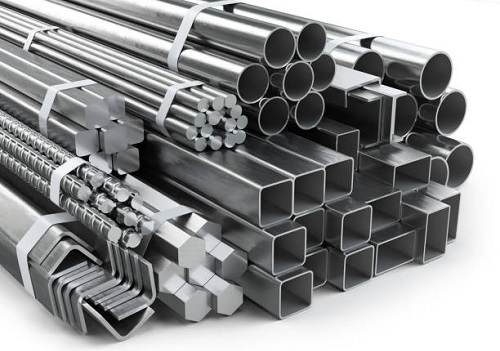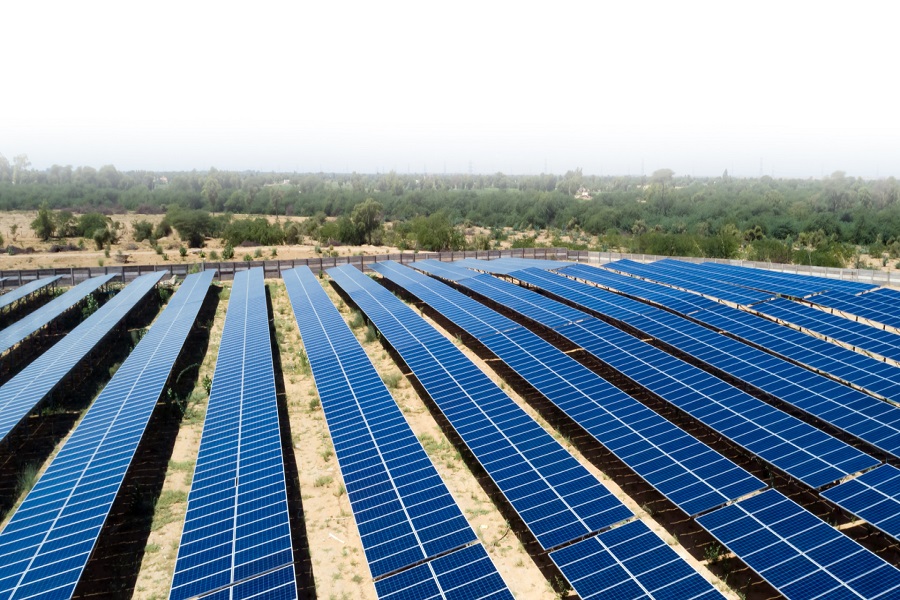China`s Steel Sector Faces Indirect Threats from Donald Trump`s Tariff Plans by Amit Gupta, Kedia Advisory

China's steel industry, already grappling with domestic demand challenges, could face additional strain if the U.S. raises tariffs on goods containing steel under President-elect Trump's administration. While less than 1% of China's steel is directly exported to the U.S., indirect exports—such as manufactured items made from steel—are significant, with potential tariffs threatening up to 12.78 million tons. This impact could intensify as domestic steel consumption continues to slump amid a weak property market and reduced infrastructure investment. In October, China’s steel exports reached a nine-year high as exporters rushed to avoid impending tariffs, underscoring the steel sector's dependence on international demand.
Key Highlights
* Potential U.S. tariffs could impact 12.78 million tons of indirect steel exports.
* China's steel exports hit a nine-year high in October as exporters anticipate tariffs.
* Domestic demand is weakened by the property slump and reduced infrastructure projects.
* Indirect steel exports equal China's direct steel exports in volume.
* October saw China’s fastest export growth in two years despite looming tariffs.
China’s steel industry, the world’s largest, is under threat of indirect pressure from anticipated U.S. tariffs under President-elect Donald Trump. With the potential imposition of a 60% tariff on Chinese goods, including those made with steel, China’s steel exports face significant risk. While only a small fraction - less than 1% - of China's direct steel exports go to the U.S., the impact on goods manufactured from steel, such as appliances, vehicles, and machinery, could be substantial. Analysts estimate that 12.78 million tons of indirect steel exports could be affected if Trump’s administration enforces the tariffs.
In October, China’s direct steel exports surged to a nine-year high of 11.18 million tons, as Chinese companies rushed to ship products before potential tariffs took effect. Despite a difficult domestic market, characterized by a property sector downturn and declining infrastructure projects, export demand has offered a buffer. However, this reliance on international markets has grown challenging. Apparent steel consumption in China has dropped by 6.2% in the first nine months of 2024 due to slowdowns in major demand-driving sectors.
Other nations have also voiced concerns, with several countries, including Indonesia and Turkey, challenging China's steel export volumes. The Chinese government may face growing calls to curb steel exports to maintain diplomatic trade relations, especially if the U.S. implements higher tariffs. Amid these developments, indirect steel exports - products manufactured from steel for overseas markets - now account for nearly 222 million tons, underscoring the sector's heavy exposure to international demand shifts.
Finally
China’s steel sector could face intensified pressures if the U.S. raises tariffs, jeopardizing key indirect exports that support an already fragile domestic market.
Above views are of the author and not of the website kindly read disclaimer























